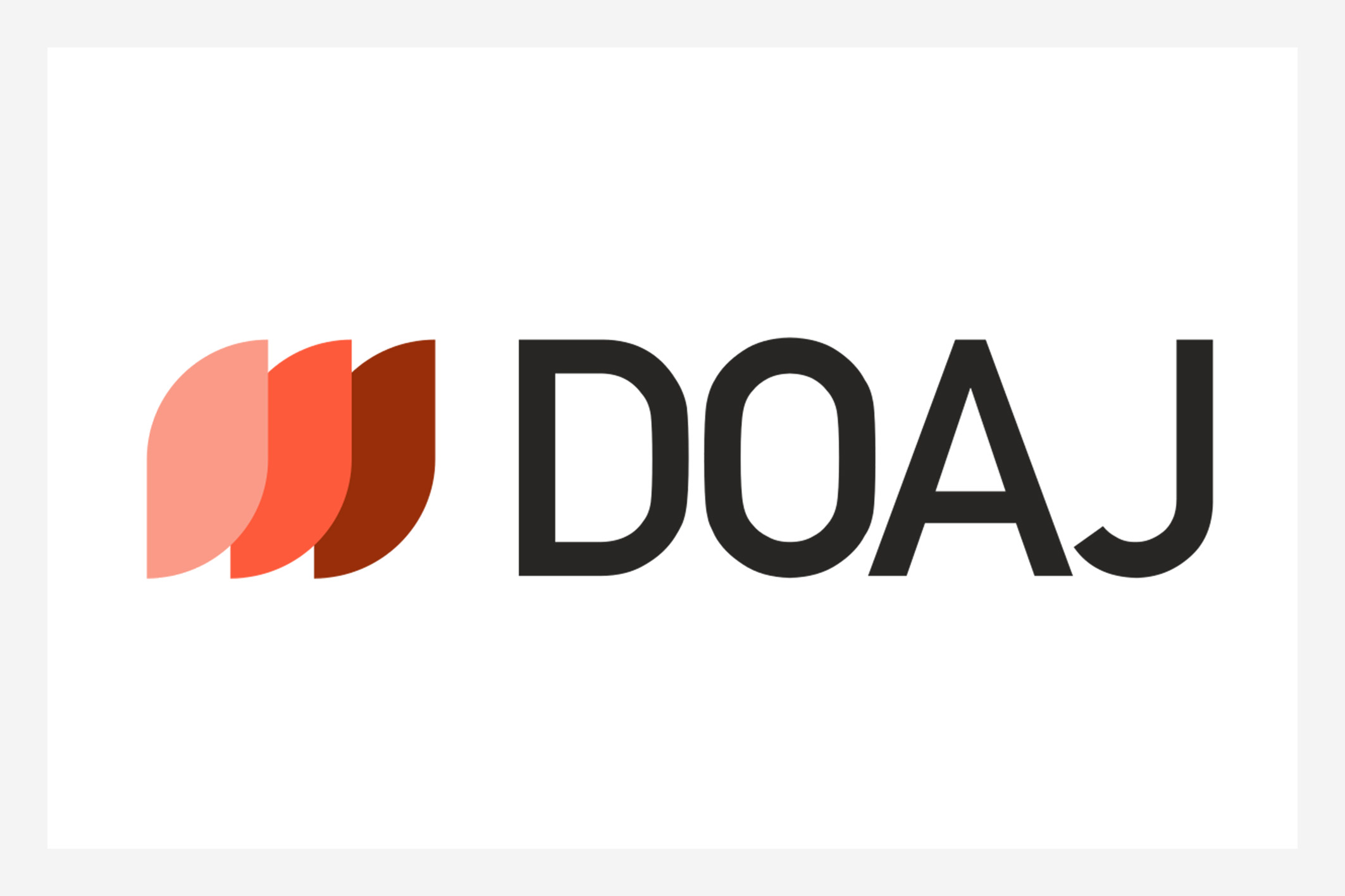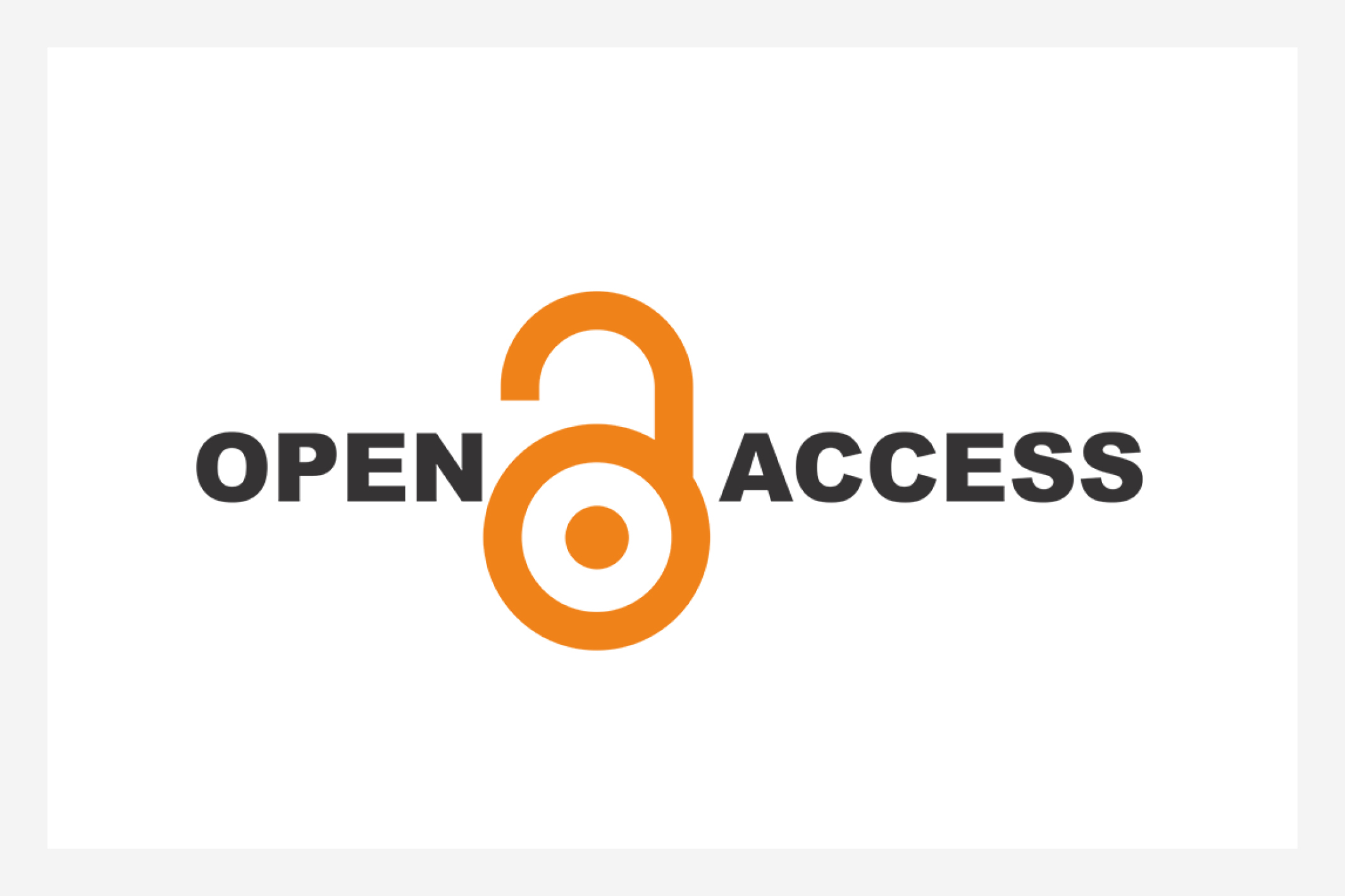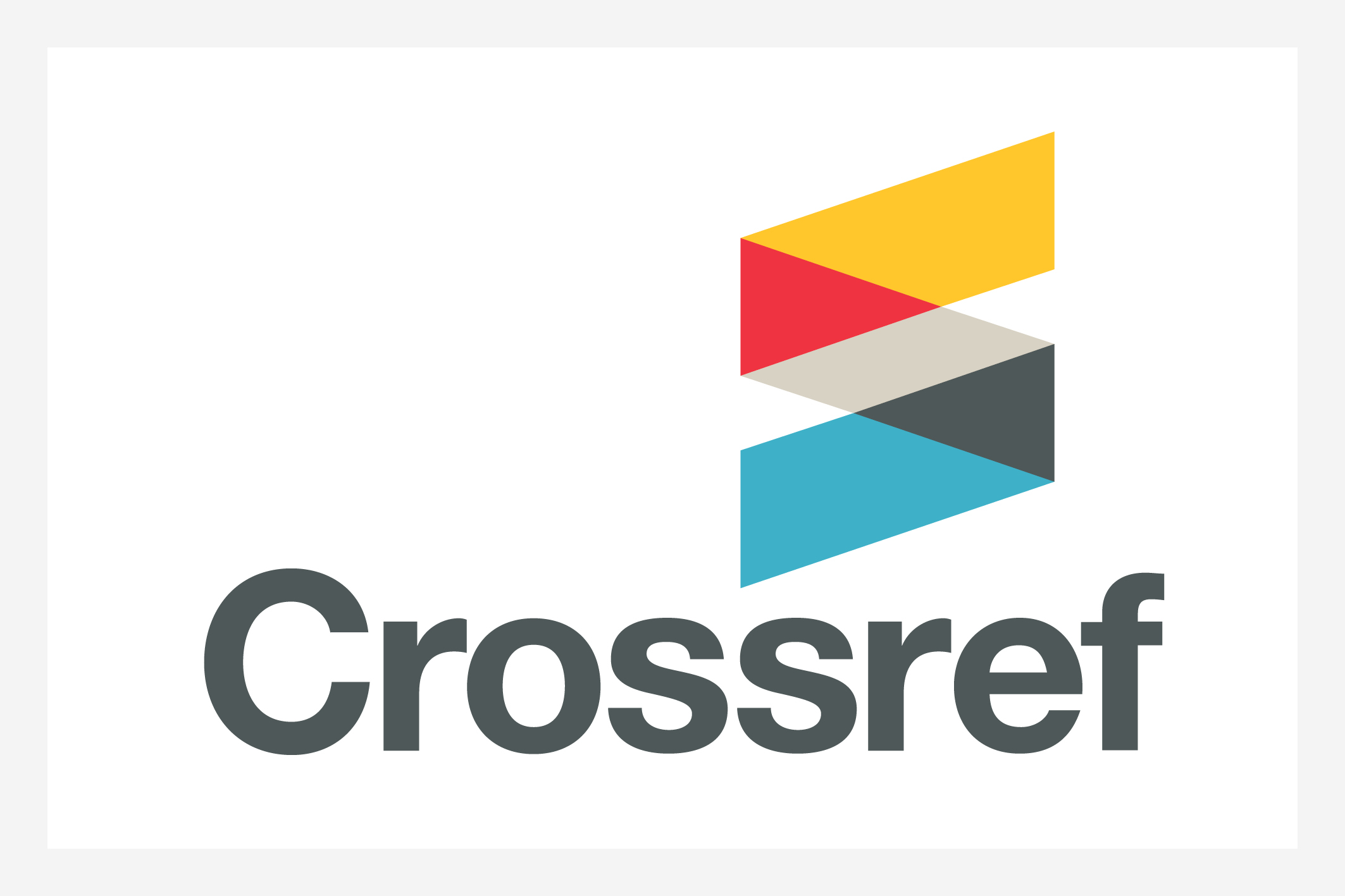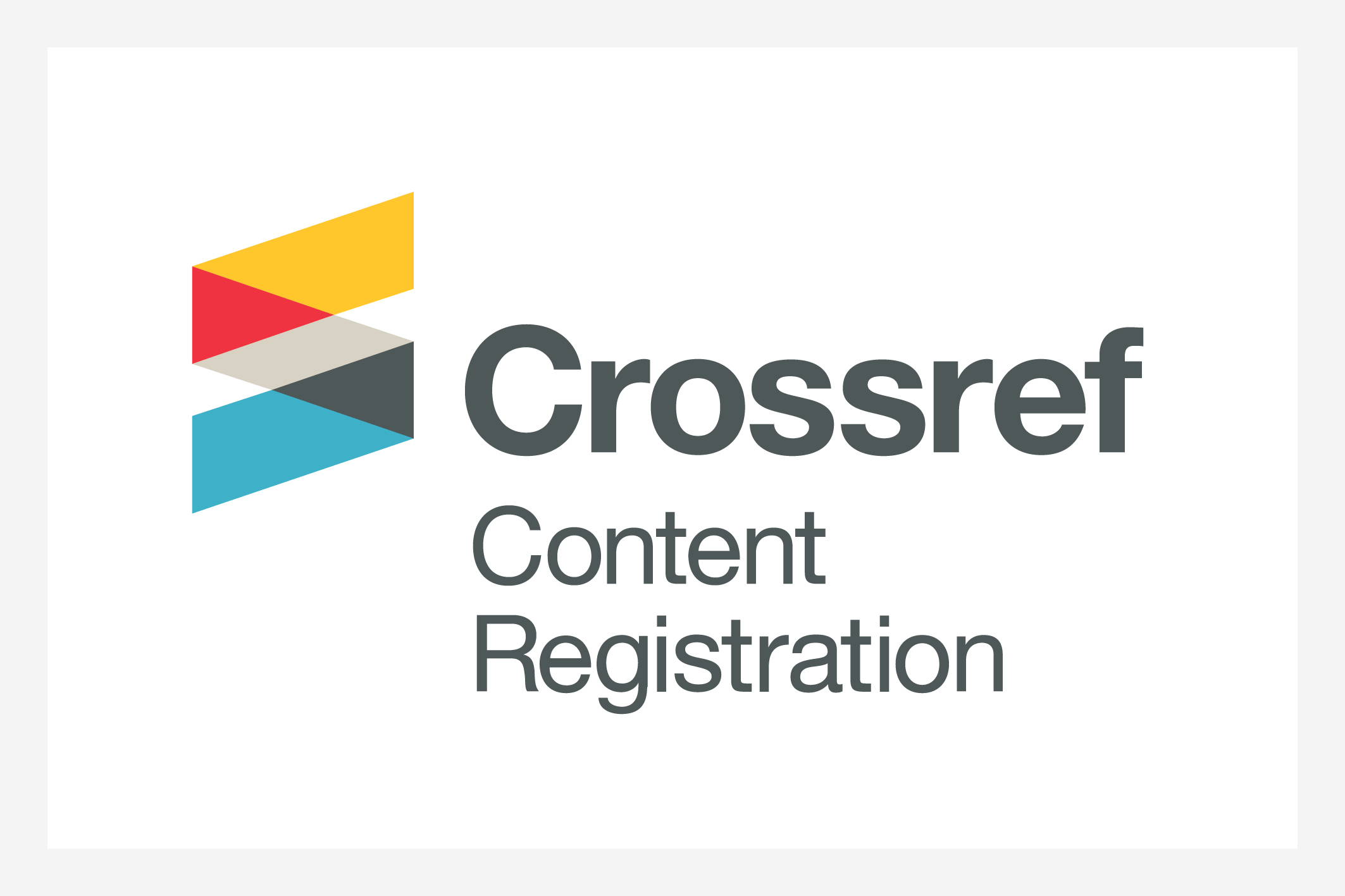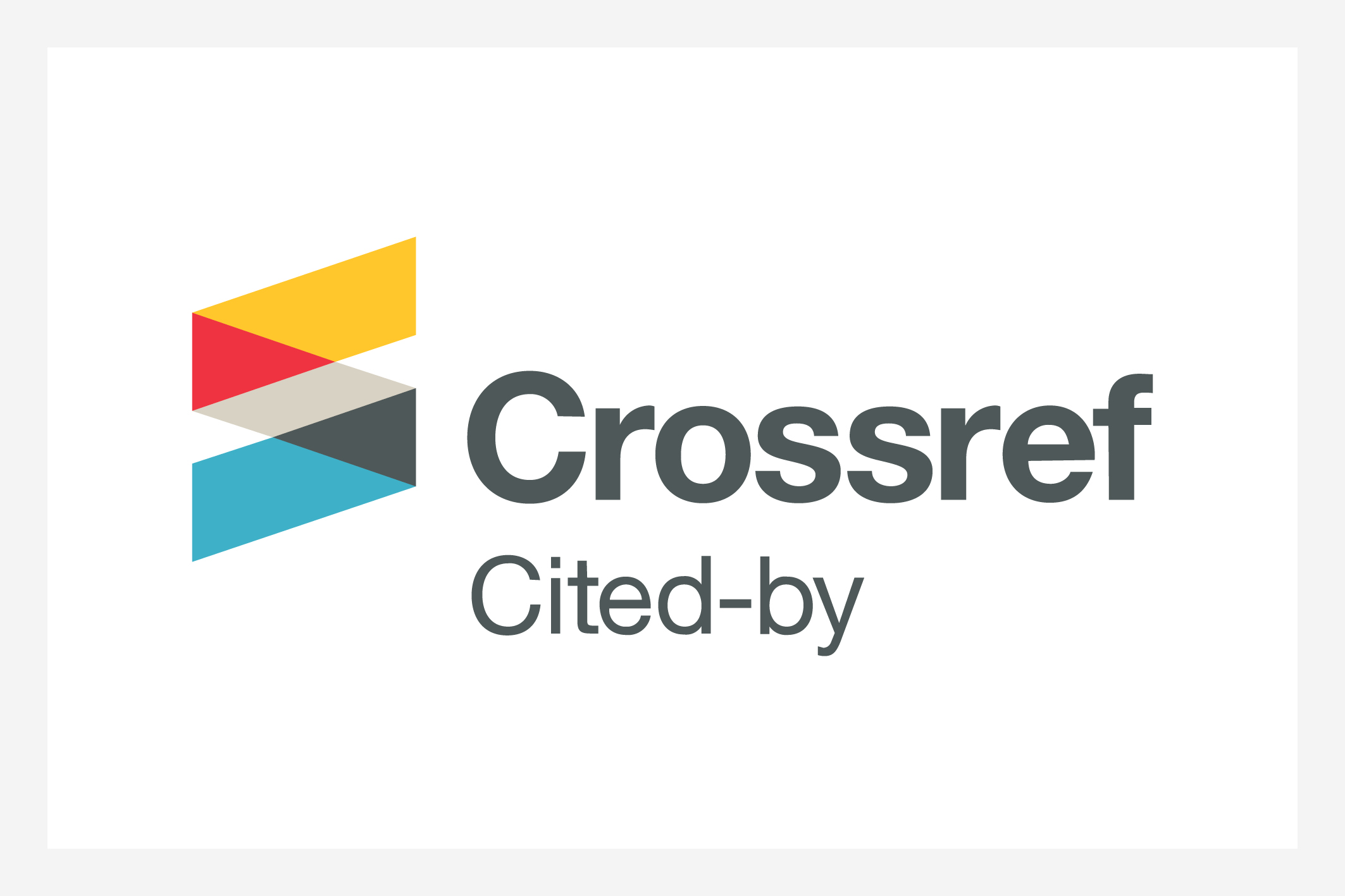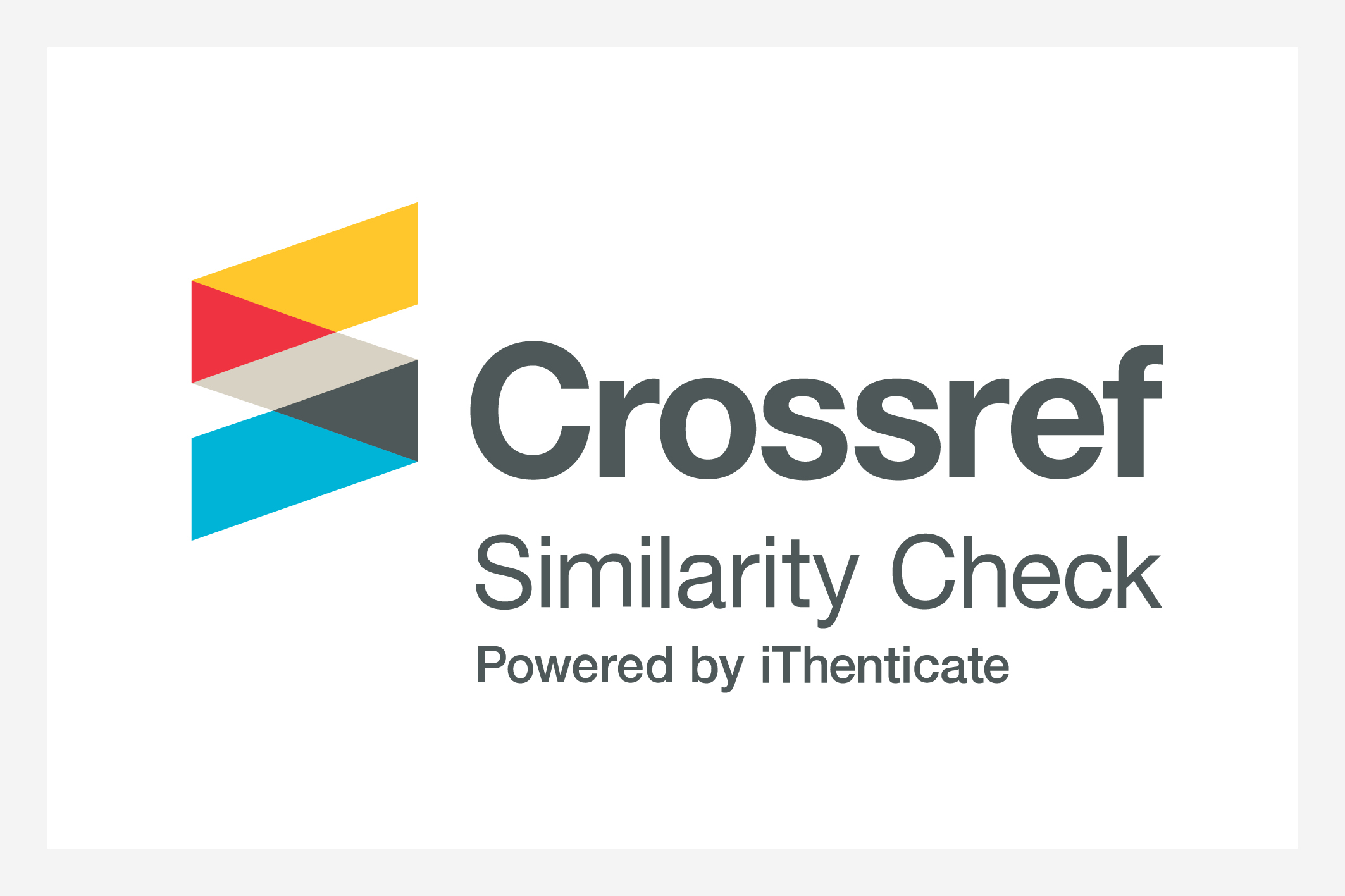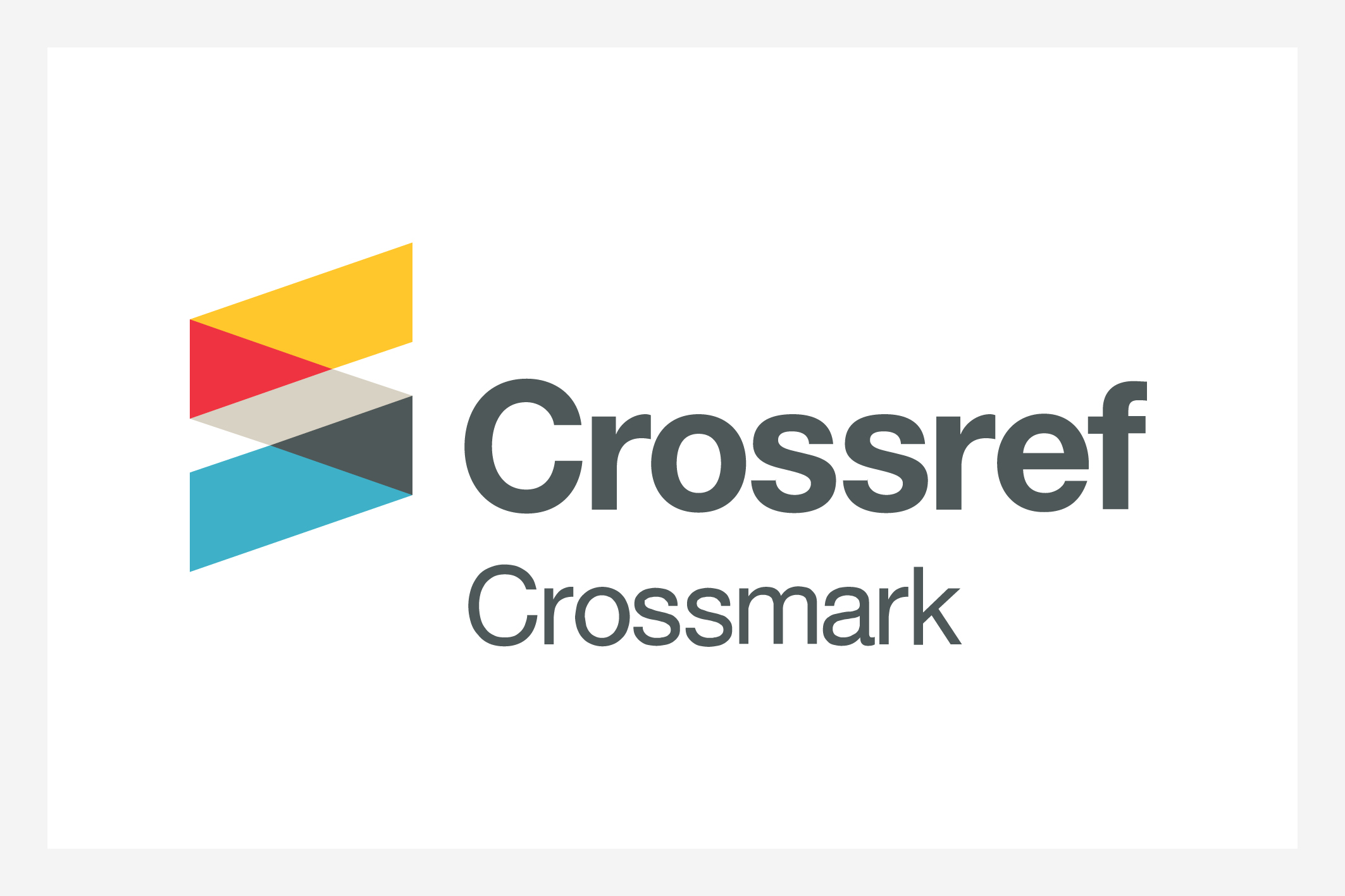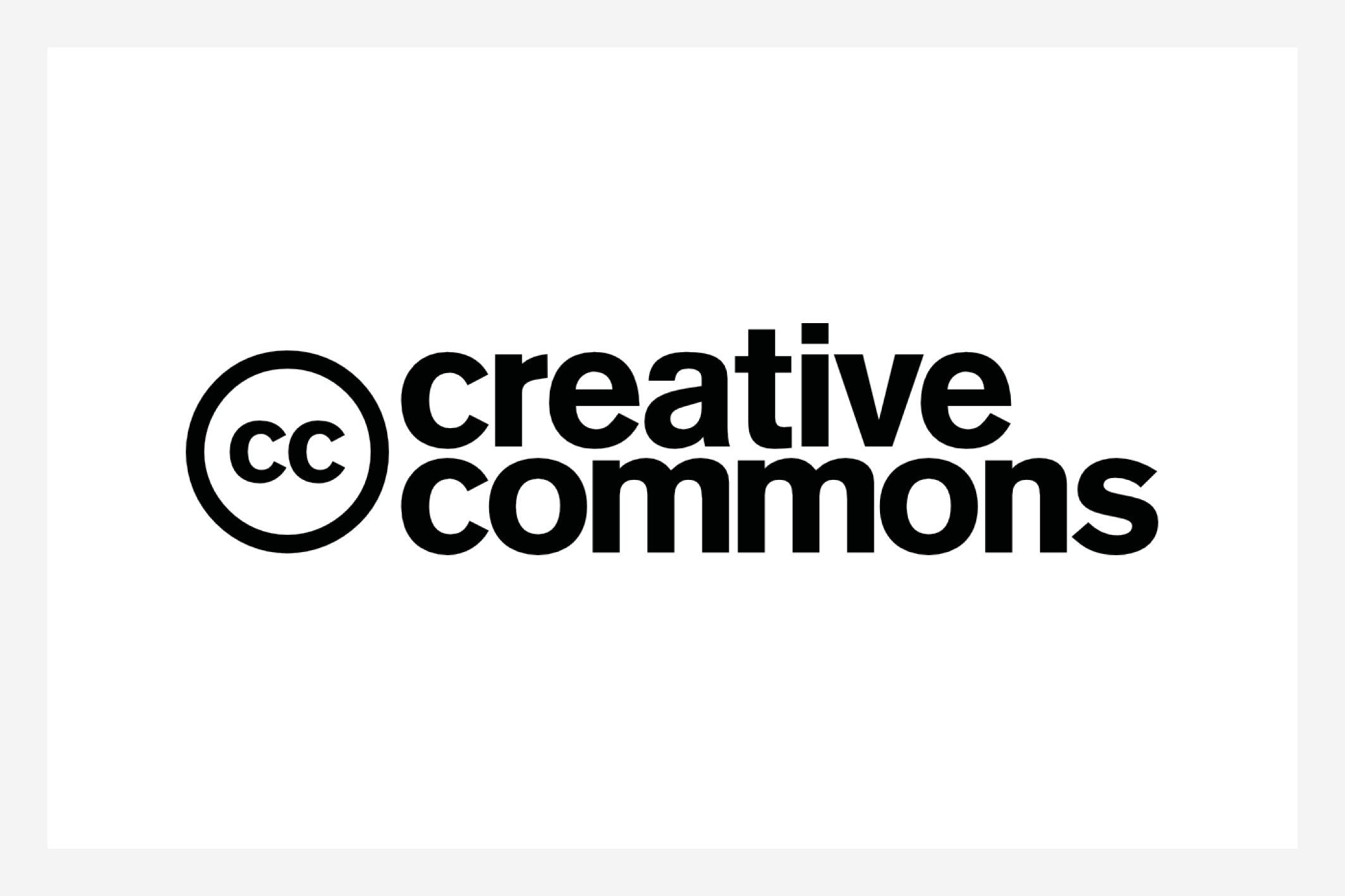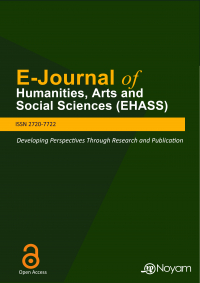
Bridging Digital Gaps in Rural Teacher Education: Curriculum Innovations for Inclusive and Technology-Driven Pre-Service Training
Issue: Vol.6 No.13 Article 1 pp. 1-17
DOI: https://doi.org/10.38159/ehass.20256131 | Published online 11th November, 2025
© 2025 The Author(s). This is an open access article under the CCBY license (http://creativecommons.org/licenses/by/4.0/).
This study examines how curriculum innovation supports inclusive education and boosts the digital competencies of pre-service teachers in rural universities within the context of TPACK, integrating technological knowledge with pedagogy and content. In response to the constraints brought about by rapid digital transformation, a systematic literature review was undertaken, identifying peer-reviewed writings published between 2000 and 2025. The reviewed works considered the crossroads of Digital Technologies, Curriculum Design and Reality of Rural Teacher Education. The results suggest that while digital technologies, such as e-learning, virtual labs, and mobile technologies hold the hope for promising integration, the implementation has so far limited infrastructure, digital illiteracy, and a lack of alignment between curricular intents and classroom practice. Online and hybrid modalities, active learning, and professional development frequently emerged from the analysis as key factors that support digital integration. Based on the TPACK framework, the research emphasizes that curriculum reforms should integrate the use of digital tools into pedagogical practice, not view their use as an occasional extra. It also suggests technology-based teacher preparation programmes that are context-relevant and ideally geared to the specific needs of rural education settings. The study contributes to the debate on the digital transformation of teacher education by providing evidence-based input into curriculum design. It further offers policymakers and educators a platform towards the creation of responsive training models that serve to bridge the digital divide and nurture teaching that is inclusive and ready for the future.
Keywords: Pre-Service Teacher Education, Digital Curriculum Innovation, TPACK Framework, Inclusive Education, Rural Contexts
Ajani, Oluwatoyin Ayodele. “Enhancing Pre-Service Teacher Education: Crafting a Technology-Responsive Curriculum for Modern Classrooms and Adaptive Learners.” Research in Educational Policy and Management 6, no. 2 (October 27, 2024): 209–29. https://doi.org/10.46303/repam.2024.32.
———. “Equity and Access in Digital Transformation: Enhancing Curriculum Delivery at Rural Universities.” E-Journal of Humanities, Arts and Social Sciences 6, no. 5 (April 17, 2025): 571–88. https://doi.org/10.38159/ehass.20256515.
———. “Exploring the Prospects and Challenges of AI Integration in Curriculum Delivery for Pre-Service Teachers at Rural Universities.” J. Res. Rev. Soc. Sci. Pakistan 7, no. 2 (2024): 2771–89.
Ajani, Oluwatoyin Ayodele, and Thandi Ngema. “Addressing Digital Competence Gaps in Pre-Service Teacher Education: Challenges and Strategies for Rural Schools.” International Journal of Development and Sustainability 13, no. 10 (2024): 895–908.
Ajani, Oluwatoyin Ayodele, and Sithabile Ntombela. “Advancing Inclusive Education in Higher Education:Challenges and Opportunities in Preparing Pre-ServiceTeachers to Support Students with Disabilities.” International Journal of Management, Knowledge and Learning 14 (March 23, 2025). https://doi.org/10.53615/2232-5697.14.25-41.
Bădescu, Delia, Nicoleta Zaharie, Iulian Stoian, Mircea Bădescu, and Cristian Stanciu. “A Narrative Review of the Link between Sport and Technology.” Sustainability 14, no. 23 (December 6, 2022): 16265. https://doi.org/10.3390/su142316265.
Bajmócy, Zoltán, Bálint Mihók, and Judit Gébert. “Furthering Social Justice for Disabled People: A Framework Based on Amartya Sen’s Capability Approach.” Studia Universitatis Babes-Bolyai Sociologia 67, no. 1 (2022): 69–84.
Bajmócy, Zoltán, Barbara Mihók, and Judit Gébert. “Furthering Social Justice for Disabled People. A Framework Based on Amartya Sen’s Capability Approach.” Studia Universitatis Babes-Bolyai Sociologia 67, no. 1 (June 1, 2022): 69–84. https://doi.org/10.2478/subbs-2022-0003.
Batisai, Kudakwashe. “Decolonising the Curricula and the Space in Africa: An Interdisciplinary Approach.” In Decolonising Media and Communication Studies Education in Sub-Saharan Africa, edited by S. L. Mudavanhu, S. Mpofu, and K. Batisai, 143–59. London: Routledge, 2024.
Celikates, Robin, and Thomas Flynn. “Critical Theory.” In The Stanford Encyclopedia of Philosophy (Fall 2023 Edition), edited by Edward N. Zalta. Stanford University, 2023.
Chisango, Grasia, Newlin Marongwe, Nomxolisi Mtsi, and Thembisile E Matyedi. “Teachers’ Perceptions of Adopting Information and Communication Technologies in Teaching and Learning at Rural Secondary Schools in Eastern Cape, South Africa.” Africa Education Review 17, no. 2 (2020): 1–19.
Christie, Pam. Decolonising Schools in South Africa: The Impossible Dream? Routledge, 2020.
Chukwuere, Joshua Ebere. “From Decolonisation to Digitalisation of Education in South Africa.” PONTE International Scientific Researchs Journal 73, no. 12 (2017). https://doi.org/10.21506/j.ponte.2017.12.15.
Clark, David A. “The Capability Approach: Its Development, Critiques and Recent Advances.” Global Poverty Research Group, 2006.
Dang, Ai-Thu. “Amartya Sen’s Capability Approach: A Framework for Well-Being Evaluation and Policy Analysis?” Review of Social Economy 72, no. 4 (October 2, 2014): 460–84. https://doi.org/10.1080/00346764.2014.958903.
Dei, Daniel. “Making Higher Education Count in Sub-Saharan Africa: Lessons from John Dewey’s My Pedagogic Creed.” In Pedagogy: Challenges, Recent Advances, New Perspectives, and Applications, edited by Hakan Şenol. London: IntechOpen, 2022. https://doi.org/10.5772/intechopen.104087.
Dzansi, Dennis Yao, and Kofi Amedzo. “Integrating ICT into Rural South African Schools: Possible Solutions for Challenges.” International Journal of Educational Sciences 6, no. 2 (March 25, 2014): 341–48. https://doi.org/10.1080/09751122.2014.11890145.
Freitas, Gert De, and Erna D. Spangenberg. “ Mathematics Teachers’ Levels of Technological Pedagogical Content Knowledge and Information and Communication Technology Integration Barriers.” Pythagoras 40, no. 1 (2019): a431.
Gumbo, Mishack T. “Digitisation of Higher Education and Research: Raising Inclusivity and Equity Issues for Indigenous Students.” South African Computer Journal 35, no. 1 (2023): 149–63.
Hart, Caroline Sarojini. “Education, Inequality and Social Justice: A Critical Analysis Applying the Sen-Bourdieu Analytical Framework.” Policy Futures in Education 17, no. 5 (June 29, 2019): 582–98. https://doi.org/10.1177/1478210318809758.
Hayes, Aneta, Kathy Luckett, and Greg Misiaszek. “Possibilities and Complexities of Decolonising Higher Education: Critical Perspectives on Praxis.” Teaching in Higher Education. Taylor & Francis, 2021.
Isaacs, Shafika. “South Africa’s (Unequal) Digital Learning Journey: A Critical Review.” In ICT in Education and Implications for the Belt and Road Initiative, edited by Chee-Kit Looi, Hongli Zhang, Yuhui Gao, and Liting Wu, 187–211. Singapore: Springer, 2020. https://doi.org/10.1007/978-981-15-6157-3_11.
Jensen, Michael C., and William H. Meckling. “Theory of the Firm: Managerial Behavior, Agency Costs and Ownership Structure.” Journal of Financial Economics 3, no. 4 (October 1976): 305–60. https://doi.org/10.1016/0304-405X(76)90026-X.
Knaus, Christoph B., Takashi Mino, and Johannes Seroto. Decolonising African Higher Education: Practitioner Perspectives from Across the Continent. London: Routledge, 2022.
Kopp, Carol M. “Agency Theory: Definition, Examples of Relationships, and Disputes.” Dipetik Oktober 24 (2021): 2022.
Lumadi, Mutendwahothe Walter. “Decolonising the Curriculum to Reinvigorate Equity in Higher Education: A Linguistic Transformation.” South African Journal of Higher Education 35, no. 1 (March 2021): 37–53. https://doi.org/10.20853/35-1-4415.
Mampane, Ruth M, Margaret F Omidire, and Folake Ruth Aluko. “Decolonising Higher Education in Africa: Arriving at a Glocal Solution.” South African Journal of Education 38, no. 4 (2018).
Mangundu, John. “STEM Preservice Teachers’e-Readiness for Online Multimodal Teaching Methods Usage in Pietermaritzburg, South Africa: Analysis through the Adapted TPACK Framework.” African Journal of Research in Mathematics, Science and Technology Education 27, no. 2 (2023): 137–54.
Martínez Bravo, María Cristina, Charo Sádaba Chalezquer, and Javier Serrano-Puche. “Meta-Marco de La Alfabetización Digital: Análisis Comparado de Marcos de Competencias Del Siglo XXI.” Revista Latina de Comunicación Social, no. 79 (July 9, 2021): 76–110. https://doi.org/10.4185/RLCS-2021-1508.
Mbembe, Achille. “Planetary Entanglement.” In Out of the Dark Night: Essays on Decolonization, 7–41. New York: Columbia University Press, 2019. https://doi.org/10.7312/mbem16028-003.
Mdingi, Xolile, and Agnes Chigona. “Teachers’ Integration of Instructional Technology into Curriculum Delivery in Disadvantaged Communities: A Case of Cape Flats Schools in South Africa.” In EdMedia+ Innovate Learning, 97–106. Association for the Advancement of Computing in Education (AACE), 2021.
Menon, Kirti, and Shireen Motala. “Pandemic Leadership in Higher Education: New Horizons, Risks and Complexities.” Education as Change 25 (May 27, 2021). https://doi.org/10.25159/1947-9417/8880.
Mhlanga, Ephraim. “Shifting Trends in Higher Education in Sub-Saharan Africa and Implications for Quality.” Mediating Learning in Higher Education in Africa. Brill, 2021, 174–92.
Mohammed, Adnan J. “ United Nations Sustainable Development Cooperation Framework – Internal Guidance,” 2019. https://unsdg.un.org/resources/united-nations-sustainable-development-cooperation-framework-guidance.
Moosavi, Leon. “The Decolonial Bandwagon and the Dangers of Intellectual Decolonisation.” International Review of Sociology 30, no. 2 (May 3, 2020): 332–54. https://doi.org/10.1080/03906701.2020.1776919.
Mwapwele, Samwel Dick, Mario Marais, Sifiso Dlamini, and Judy Van Biljon. “Teachers’ ICT Adoption in South African Rural Schools: A Study of Technology Readiness and Implications for the South Africa Connect Broadband Policy.” The African Journal of Information and Communication 24 (2019): 1–21.
Ndlovu, Mdutshekelwa, and Debbie Meyer. “Teachers’ TPACK Readiness to Teach Mathematics with Technology: A Case Study of a Private High School in South Africa.” In Information and Communications Technology in STEM Education, 145–59. Routledge, 2023.
Ngema, Thandi, and Oluwatoyin Ayodele Ajani. “Exploring Digital Transformation in Preservice Teacher Education in Africa: Prospects, Challenges, and Implications for Sustainable Lifelong Learning.” International Journal of Innovative Technologies in Economy, no. 3(47) (September 29, 2024). https://doi.org/10.31435/rsglobal_ijite/30092024/8236a.
Ocholla, Dennis. “Decolonizing Higher Education in Africa: Implications and Possibilities for University Libraries.” College & Research Libraries News 81, no. 6 (June 11, 2020): 289. https://doi.org/10.5860/crln.81.6.289.
Olaopa, Olawale R. “Pan-Africanism and the Challenges of Economic Reconstruction in Africa: Exploring the Role of African Indigenous Knowledge (AIK).” African Renaissance (1744-2532) 20, no. 4 (2023).
Olayinka, Theodorio Adedayo, Kenneth Ngcoza, Clement Simuja, and Brian Shambare. “Promoting Pre-Service Teachers’ TPACK Development in an Education Science Course.” In Information and Communications Technology in STEM Education, 182–97. Routledge, 2023.
Pepper, Alexander, and Julie Gore. “Behavioral Agency Theory.” Journal of Management 41, no. 4 (May 27, 2015): 1045–68. https://doi.org/10.1177/0149206312461054.
Quraishi, Tamanna, Helena Ulusi, Asma Muhid, Musawer Hakimi, and Mohammad Reshad Olusi. “Empowering Students through Digital Literacy: A Case Study of Successful Integration in a Higher Education Curriculum.” Journal of Digital Learning and Distance Education 2, no. 9 (2024): 667–81.
Radovanović, Dragana, Christian Holst, Shruthi B. Belur, Rahul Srivastava, Gilles V. Houngbonon, and Emmanuel Le Quentrec. “Digital Literacy Key Performance Indicators for Sustainable Development.” Social Inclusion 8, no. 2 (2020): 151–67.
Ramnund-Mansingh, Aradhana, and Nikita Reddy. “South African Specific Complexities in Aligning Graduate Attributes to Employability.” Journal of Teaching and Learning for Graduate Employability 12, no. 2 (2021): 206–21.
Research ICT Africa. The State of ICT in Kenya: Report 2017. Cape Town : Research ICT Africa, 2017.
Rudairo, Zenda, and Rethabile Dlamini. “Examining Factors That Influence Teachers to Adopt Information and Communication Technology in Rural Secondary Schools: An Empirical Study.” Education and Information Technologies 28, no. 1 (2023): 815–32.
Sen, Amartya. “Elements of a Theory of Human Rights.” In Justice and the Capabilities Approach, 221–62. Routledge, 2017.
———. “Poor, Relatively Speaking.” Oxford Economic Papers 35, no. 2 (1983): 153–69.
Stanford Encyclopedia of Philosophy. “The Capability Approach.” Stanford University, 2020. https://plato.stanford.edu/entries/capability-approach/.
Syafriadi, Eko, Herdini Br Sitepu, Yasha Putri Andini, Iskandar Muda, and Sambas Ade Kesuma. “The Impact of Agency Theory on Organizational Behavior: A Systematic Literature Review of the Latest Research Findings.” Brazilian Journal of Development 9, no. 12 (2023): 31895–911.
Tigere, Michael Togara, and Tshilidzi Netshitangani. “School Management Teams’ Perceptions of ICT Integration in Township and Rural Secondary Schools of KwaZulu-Natal, South Africa: Infrastructure Challenges.” Gender and Behaviour 20, no. 3 (2022): 20022–41.
Tikly, Leon, and Angeline M. Barrett. “Social Justice, Capabilities and the Quality of Education in Low Income Countries.” International Journal of Educational Development 31, no. 1 (2011): 3–14.
Timmis, Sue, Thea De Wet, Kibashini Naidoo, Sheila Trahar, Lisa Lucas, Emmanuel Mfanafuthi Mgqwashu, Patricia Muhuro, and Gina Wisker. Rural Transitions to Higher Education in South Africa: Decolonial Perspectives. Routledge, 2021.
Tunjera, Nyarai, and Agnes Chigona. “Assisting Teacher Educators with Constructive Technology Integration into Curriculum Delivery in the 21st Century.” In Conference of the South African Institute of Computer Scientists and Information Technologists 2020, 12–18. New York, NY, USA: ACM, 2020. https://doi.org/10.1145/3410886.3410900.
UNESCO. Education for All Monitoring Report: Strong Foundations. Paris: UNESCO, 2007.
———. “ Management Report: Education Sector.” Paris: UNESCO, 2023. https://unesdoc.unesco.org/ark:/48223/pf0000385819.
UNICEF. “ Leading the UN Mission for Children.” New York: UNICEF, 2009. https://www.unicef.org.
United Nations. “ United Nations Sustainable Development Cooperation Framework: Internal Guidance (Final June 2019).” New York: United Nations, 2019. https://unsdg.un.org/sites/default/files/2019-10/UN-Cooperation-FrameworkInternal-Guidance-Final-June-2019_1.pdf.
Urbanek, Piotr. “Reform of the Higher Education System in Poland from the Perspective of Agency Theory.” European Journal of Higher Education 10, no. 2 (April 2, 2020): 130–46. https://doi.org/10.1080/21568235.2018.1560344.
Venketsamy, Roy, and Zijing Hu. “Exploring Challenges Experienced by Foundation Phase Teachers in Using Technology for Teaching and Learning : A South African Case Study.” Journal for the Education of Gifted Young Scientists 10, no. 2 (June 30, 2022): 221–38. https://doi.org/10.17478/jegys.1085660.
Walimbwa, Michael. “Digital Transformation of Higher Education and Twenty-First-Century Skilling in Sub-Saharan Africa: Potentials and Challenges.” Higher Education in Sub-Saharan Africa in the 21st Century: Pedagogy, Research and Community-Engagement, 2023, 313–25.
Wiseman, Alexander W, and Petrina M Davidson. “Institutionalized Inequities and the Cloak of Equality in the South African Educational Context.” Policy Futures in Education 19, no. 8 (2021): 992–1009.
Woldegiorgis, Emnet Tadesse. “Mitigating the Digital Divide in the South African Higher Education System in the Face of the Covid-19 Pandemic.” Perspectives in Education 40, no. 3 (2022): 197–211.
———. “Mitigating the Digital Divide in the South African Higher Education System in the Face of the Covid-19 Pandemic.” Perspectives in Education 40, no. 3 (September 30, 2022): 197–211. https://doi.org/10.18820/2519593X/pie.v40.i3.13.
Wood, B. Dan. “Agency Theory and the Bureaucracy.” In The Oxford Handbook of American Bureaucracy, edited by Robert F. Durant. Oxford: Oxford University Press, 2010. https://doi.org/10.1093/oxfordhb/9780199238958.003.0008.
World Bank. “Achieving Broadband Access for All in Africa.” World Bank, October 17, 2019. https://www.worldbank.org/en/news/press-release/2019/10/17/achieving-broadband-access-for-all-in-africa-comes-with-a-100-billion-price-tag.
Zavale, Nelson Casimiro. “Is Sub-Saharan Africa a Knowledge Society or Economy?” In Decolonizing African Studies Pedagogies, edited by Nathan Andrews and Nene Ernest Khalema, 145–63. Cham: Palgrave Macmillan, 2023. https://doi.org/10.1007/978-3-031-37442-5_7.
Dr. Oluwatoyin Ayodele Ajani is a Senior Lecturer in Curriculum/Education Studies at the University of KwaZulu-Natal and a leading scholar in curriculum theory, higher education, and digital transformation in rural contexts. His research explores the intersections of technology, social justice, and pedagogical innovation, particularly through frameworks such as TPACK, UTAUT, and Diffusion of Innovation, to enhance learning and teaching in under-resourced universities. Dr. Ajani’s work on the Scholarship of Teaching and Learning (SoTL) foregrounds the need for humanising, decolonial, and equity-driven pedagogies that empower students and educators in rural South Africa. He has published extensively in peer-reviewed journals, contributed to national and international conferences, and mentors emerging academics through SoTL writing retreats and research capacity programmes. His scholarly and professional engagements reflect a sustained commitment to advancing inclusive curriculum reform, digital literacy, and the scholarship of teaching as a transformative force in higher education.
Prof. Samantha Govender is a distinguished scholar and higher education leader whose research and practice focus on curriculum studies, teacher education, and the Scholarship of Teaching and Learning (SoTL). She has extensive experience in academic development, quality assurance, and the professional growth of university educators across South Africa. Prof. Govender’s work advances inclusive and contextually grounded pedagogies that respond to the complexities of post-apartheid higher education, with a particular emphasis on student success, reflective practice, and curriculum transformation. She has published and presented widely on SoTL, decolonial education, and evidence-based teaching innovations, and she actively mentors emerging academics in building research-informed teaching portfolios. Prof. Govender serves as the Deputy -Dean, Faculty of Education, University of Zululand, KwaDlangezwa, where she is dedicated to advancing teaching excellence, SoTL capacity-building, and higher education leadership in South Africa.
Ajani, Oluwatoyin Ayodele, and Samantha Govender. “Bridging Digital Gaps in Rural Teacher Education: Curriculum Innovations for Inclusive and Technology-Driven Pre-Service Training.” E-Journal of Humanities, Arts and Social Sciences 6, no. 13 (2025): 1-17, https://doi.org/10.38159/ehass.20256131.
© 2025 The Author(s). Published and Maintained by Noyam Journals. This is an open access article under the CCBY license (http://creativecommons.org/licenses/by/4.0/).


